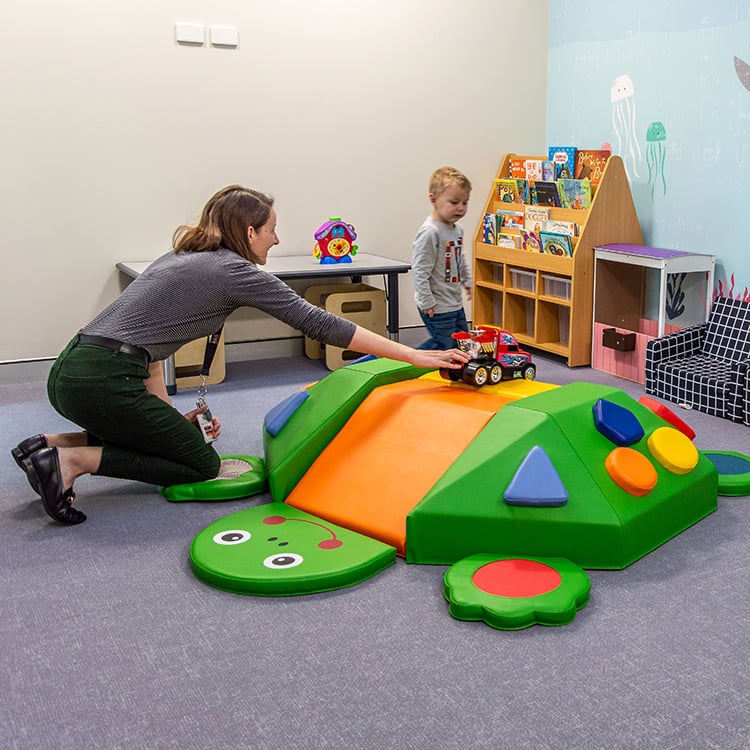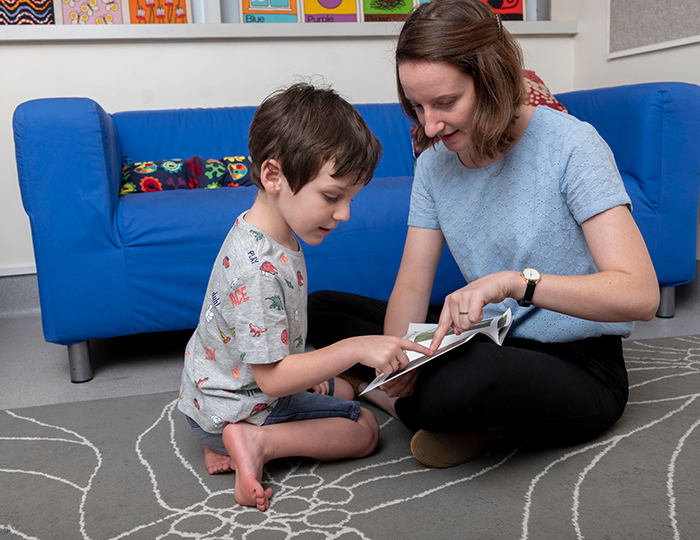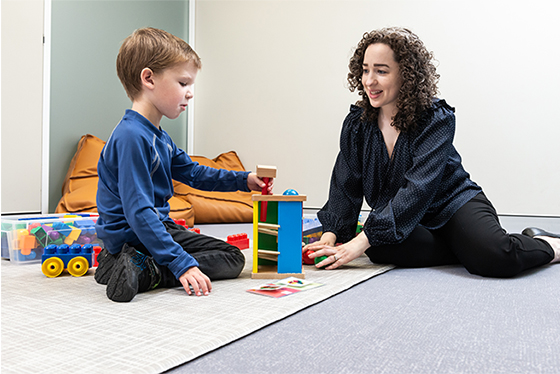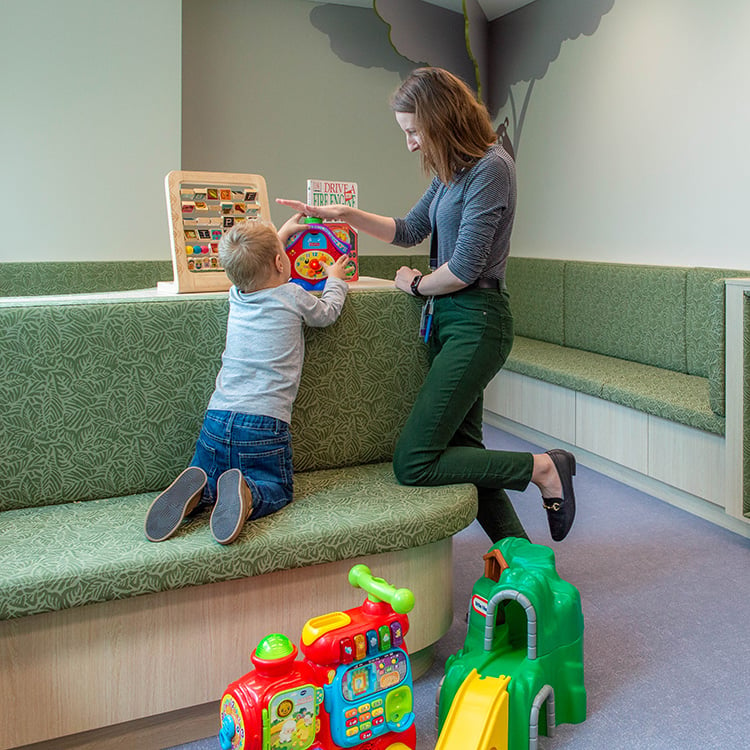Search

Find out how to access services at CliniKids.

At CliniKids, the JASPER approach is for preschool and school-aged children who have differences in play and social communication skills.

The ESDM aims to promote a child’s development across all domains, including language, joint attention, imitation, cognition, play and social skills, and fine and gross motor skills.

CliniKids provides therapy support and individualised programs to help children and families to reach their full potential.

Research
Trends in the diagnosis of Rett syndrome in AustraliaModifications to diagnostic criteria and introduction of genetic testing have likely affected the pattern and timing of Rett syndrome diagnosis...
Research
Do hypertensive diseases of pregnancy disrupt neurocognitive development in offspring?Do hypertensive diseases of pregnancy disrupt neurocognitive development in offspring?
Research
Where were those rabbits? A new paradigm to determine cerebral lateralisation of visuospatial memory function in childrenIn this study we devised a child-friendly version of a paradigm to assess lateralisation of visuospatial memory using functional transcranial Doppler...
Research
The conductive environment enhances gross motor function of girls with Rett syndrome. A pilot studyThis study assessed the functional skills of three girls with RTT aged 35 years before and during participation in a CE programme.
Research
Air travel and the risks of hypoxia in childrenIn infants and children with chronic respiratory disease, hypoxia is a potential risk of aircraft travel.
